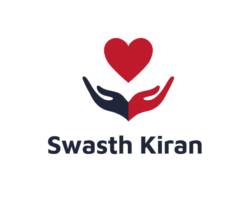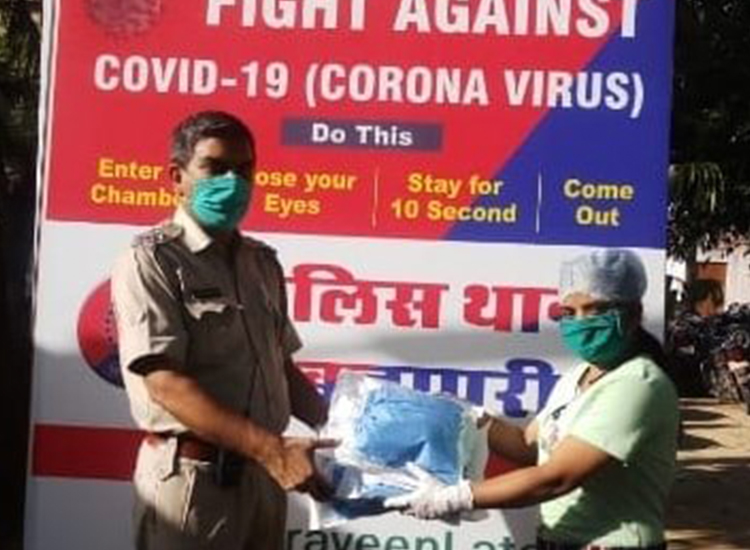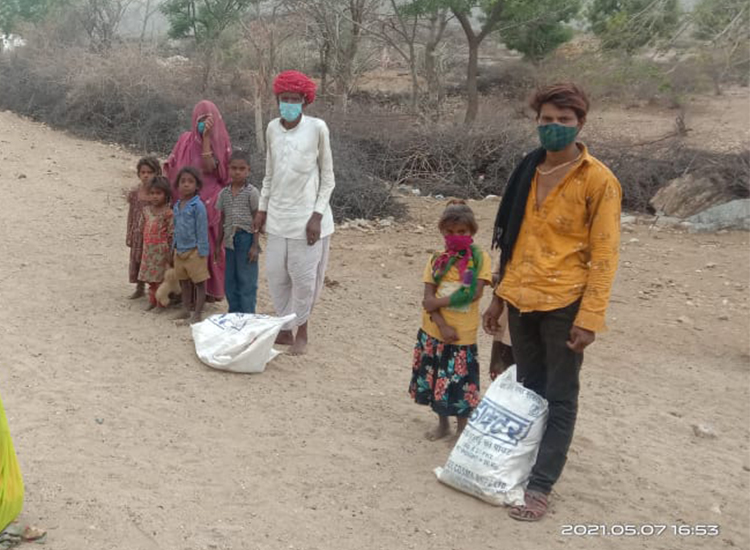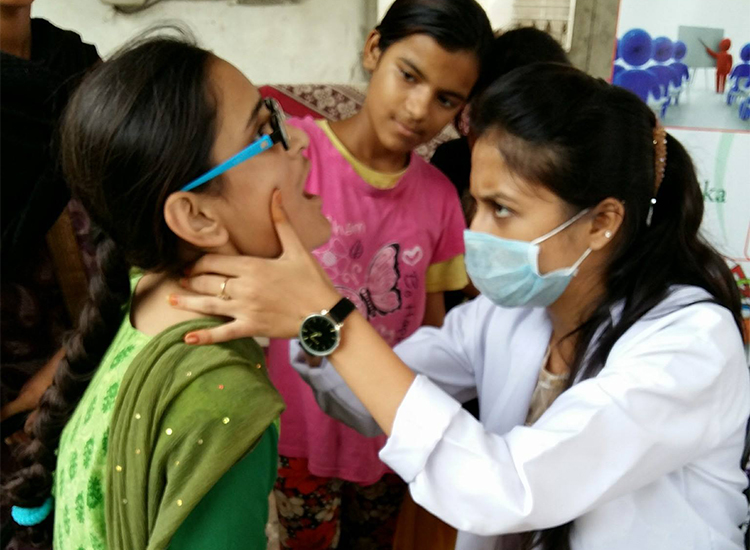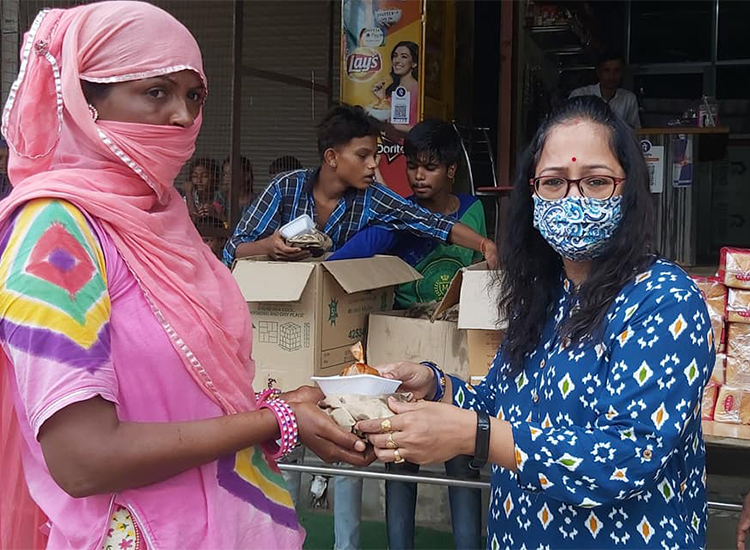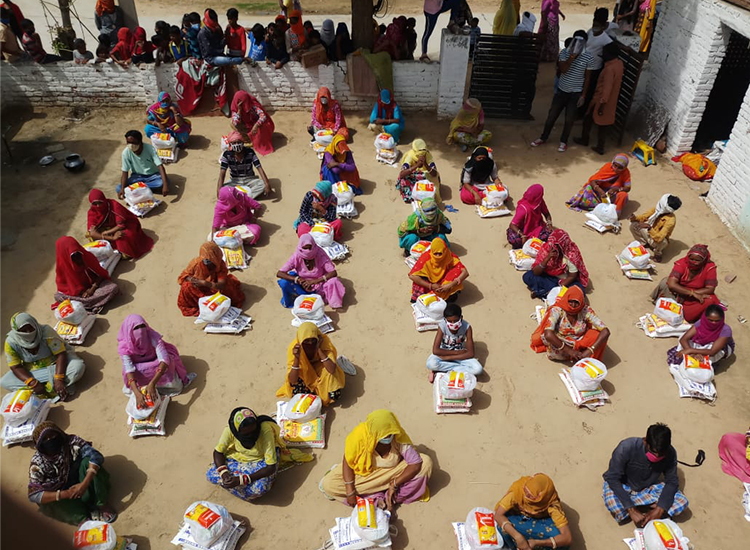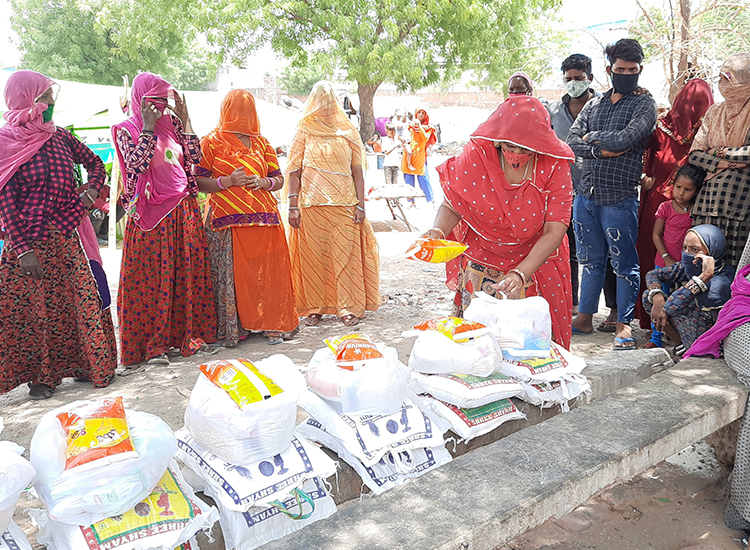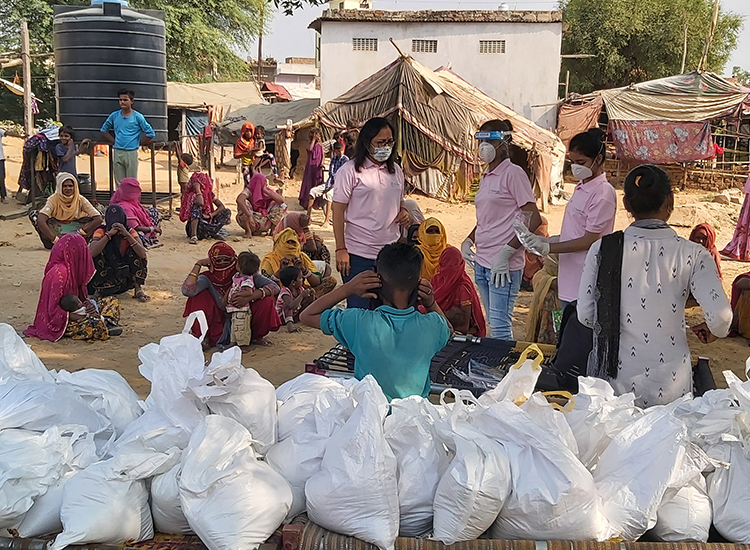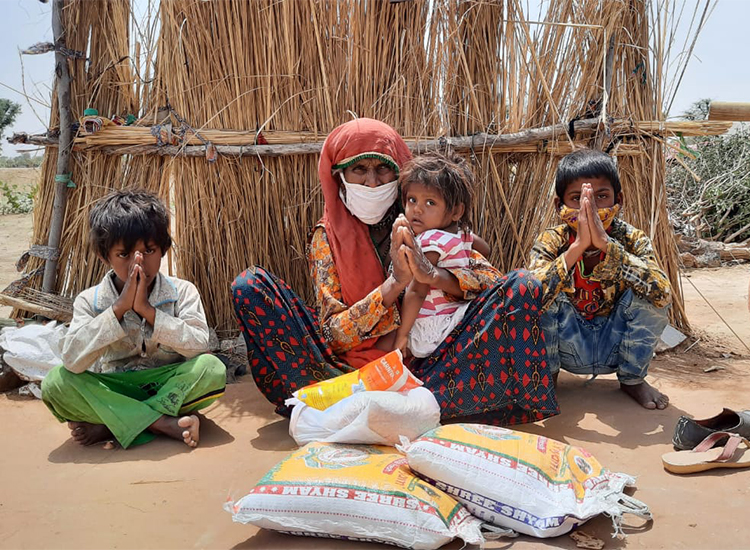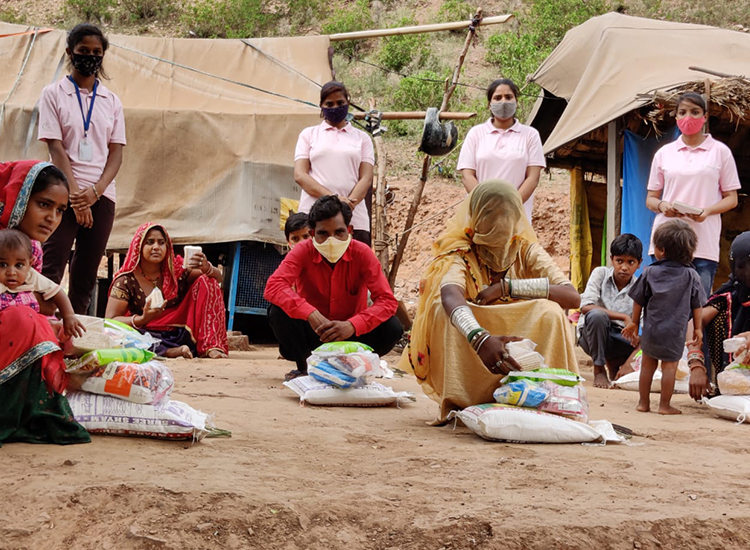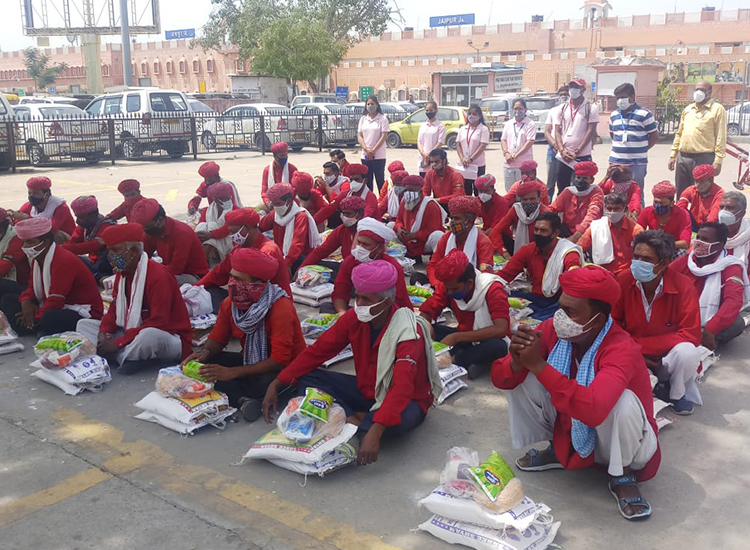Swast Kiran – COVID Relief & Disaster Management
Swast Kiran is a comprehensive project initiated by PraveenLata Sansthan aimed at providing COVID relief and disaster management support in communities affected by the ongoing pandemic and other emergencies. The project focuses on addressing the immediate needs of affected individuals and communities, as well as building resilience to future disasters. Through a range of interventions, Swasth Kiran aims to provide relief, support, and rehabilitation to those impacted by COVID-19 and other disasters.

